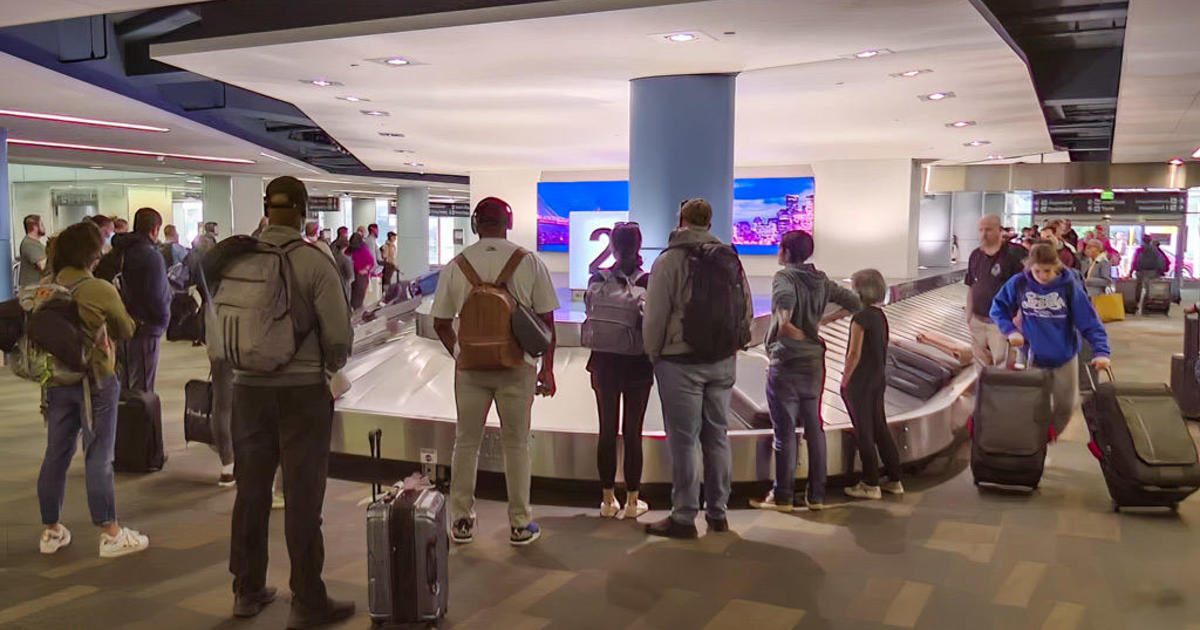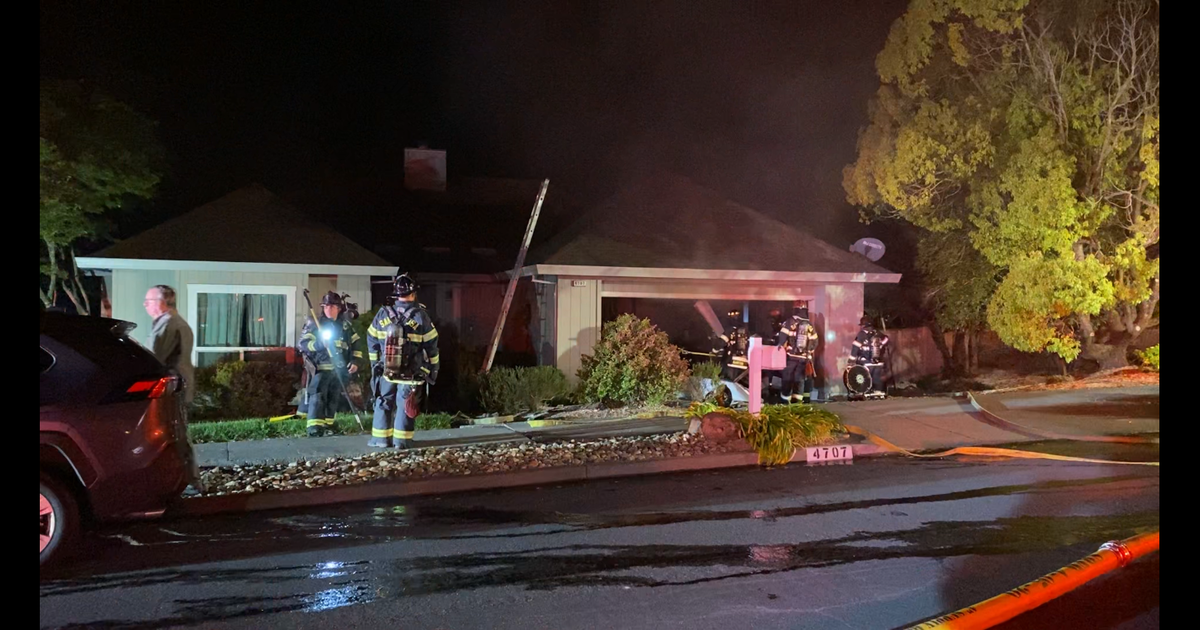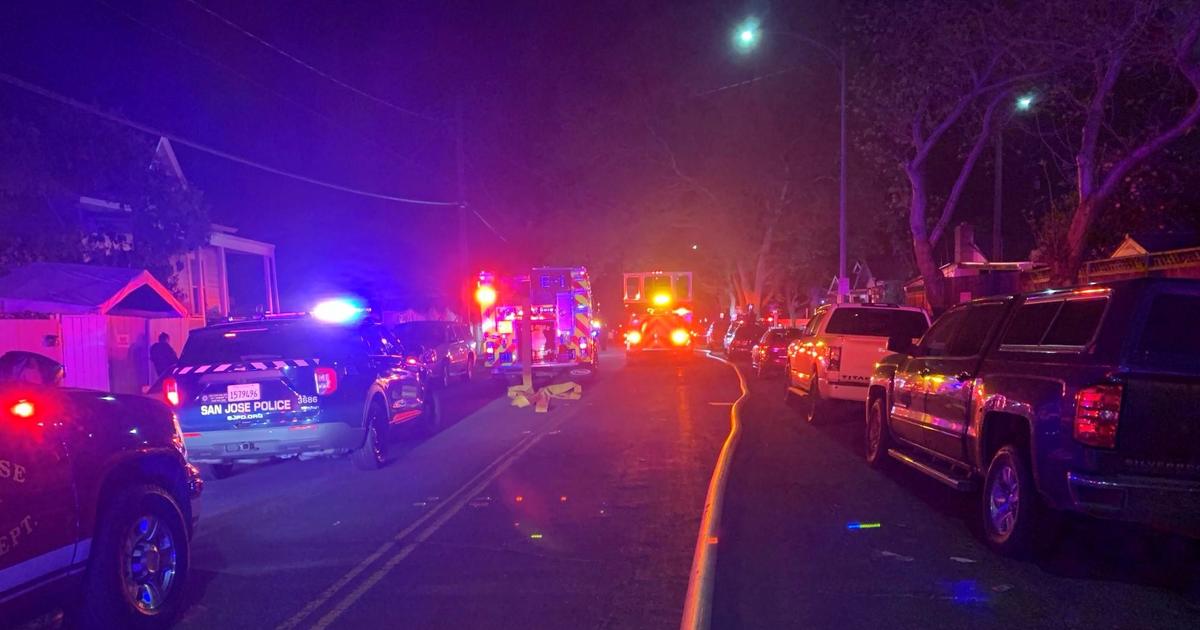Walnut Creek Wildlife Hospital Not Taking Turkeys Over Deadly Virus
WALNUT CREEK (CBS SF) – The Lindsay Wildlife Rehabilitation Hospital in Walnut Creek is no longer accepting turkeys after the discovery in a neighboring county of a contagious respiratory infection that is nearly always fatal to birds.
Virulent Newcastle disease was confirmed in a backyard chicken that lived in Alameda County when the bird's owner brought it to a veterinary office in Redwood City, according to a statement issued by the state Department of Food and Agriculture March 15.
It's not yet clear whether vND will spread throughout Northern California, but Lindsay Wildlife officials said Monday they're no longer able to treat injured or baby wild turkeys, or most other non-native, domestic or exotic birds that are routinely brought into the hospital by mistake.
They're still treating injured and baby quail, but newly implemented safety procedures require that they be placed in quarantine and treated off-site. The hospital is also unable to accept donations of any products or materials associated with poultry, like egg cartons, because of the risk of contamination.
"We are taking the threat very seriously here," rehabilitation manager Aiereo Shipman said in a statement. "We hope all of the protocols are just a precaution and that, within the next few months, there is no evidence the disease has spread to Northern California."
The state has already established a quarantine area for vND in Southern California, prohibiting poultry owners from moving their livestock anywhere in Los Angeles County as well as in portions of Riverside and San Bernardino counties.
Birds typically die within a few days of infection, and there is no cure, according to the state. Humans who come into direct contact with the infection may run a fever or develop symptoms similar to conjunctivitis, more commonly known as "pink eye."
Lindsay Wildlife officials say that chickens are most commonly associated with vND but game species like turkey, pheasant and quail are at risk, as well as domesticated pets like parrots and parakeets.
For more information on the disease, people can go to https://bit.ly/2JGlF0c.
© Copyright 2019 CBS Broadcasting Inc. and Bay City News Service. All Rights Reserved. This material may not be published, broadcast, rewritten or redistributed.



